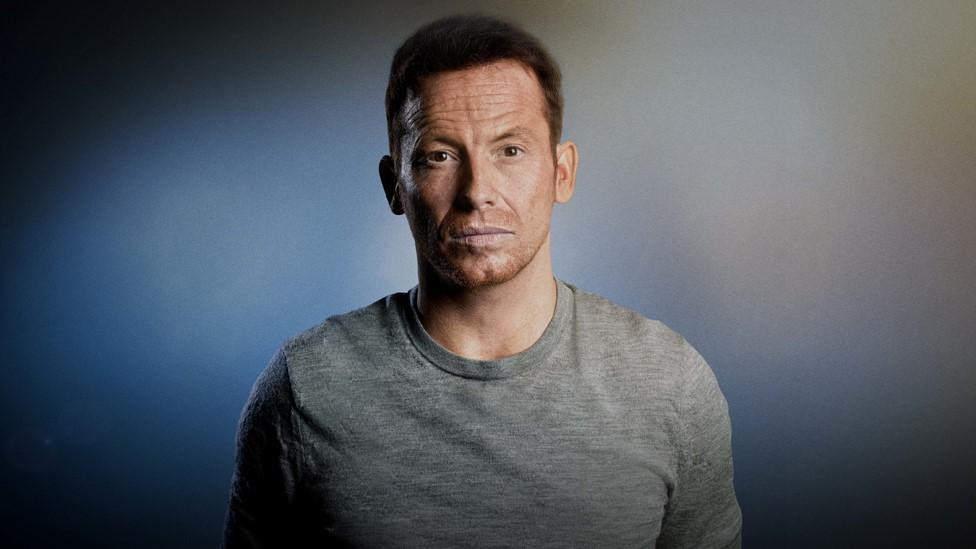'Foster carers change our lives'
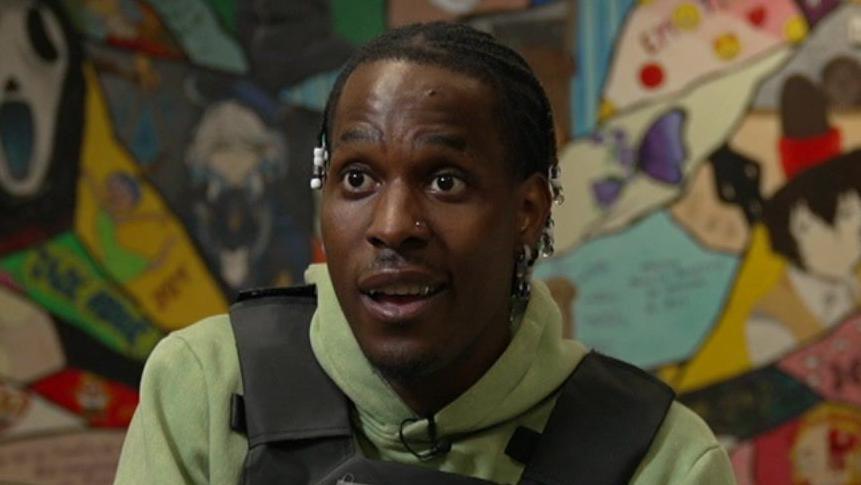
Alex says he has formed a lasting relationship with his foster carers
- Published
"In foster care you feel underrated, you want to prove them wrong. But we can’t do that without foster carers," a former foster child has said.
Alex Ambrosio was a refugee from Angola when he arrived alone in the UK aged 13 and unable to speak English.
He moved in with foster carers in Hillingdon, west London, and formed a relationship that has lasted to this day.
Across the country, the number of children in care is continuing to rise each year.
In 2022, 98,584 children in the UK were in the care system, with one child going into care every 20 minutes, about 70% of whom will live in a foster family.
In the capital, more than 9,700 children are in need of a foster care placement, which works out at four children per available place.
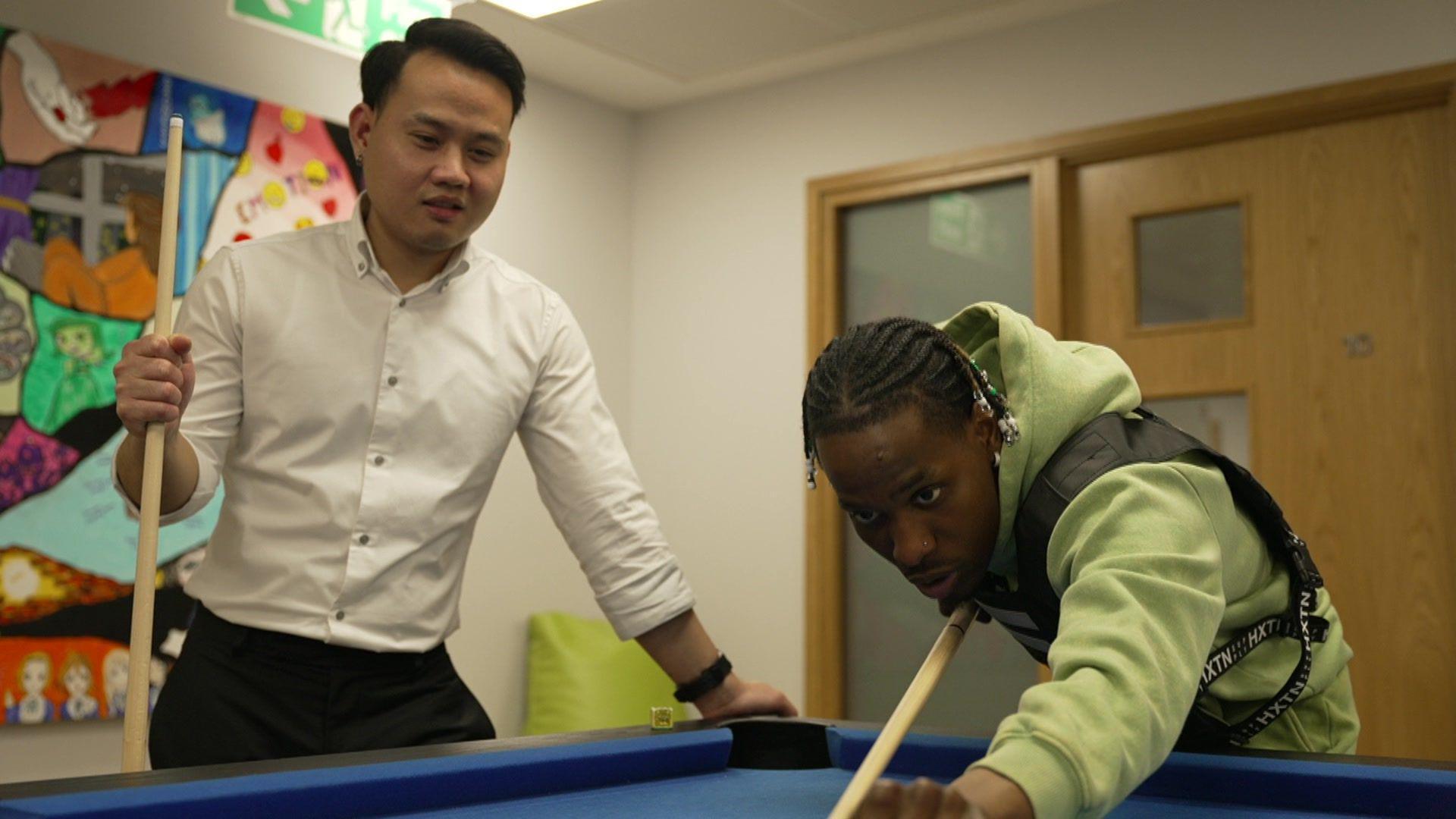
Boy and Alex were fostered by the same family in Hillingdon
Alex, now 22, still lives with his foster family, alongside Boy Huynh (Dios), another child refugee, who is from Vietnam.
Alex has completed a degree in media studies at Brunel University and his foster brother is now training to be an accountant.
"With your support we won’t just change your lives and our lives, we can change the world," Alex said.
Both boys were fostered through Hillingdon Council which has a new payments and benefits package in order to recruit more people to care for vulnerable children.
'We've learned to love more'
Wajid, from Hillingdon, says fostering a seven-year-old, after raising his three children who are now young adults, has been extremely positive.
"There’s a lot of help and support available, and training," he said.
"You have a social worker who works with you, and the child has a social worker who works with them... There’s lots of benefits.
"Not only are you providing a safe and comfortable home for a young person, but you’re giving them stability and a bright future. That's something that you can't put a price on.
"We’ve become closer as a family, we communicate better, we’ve learned to love more, care more, we get involved as a family."
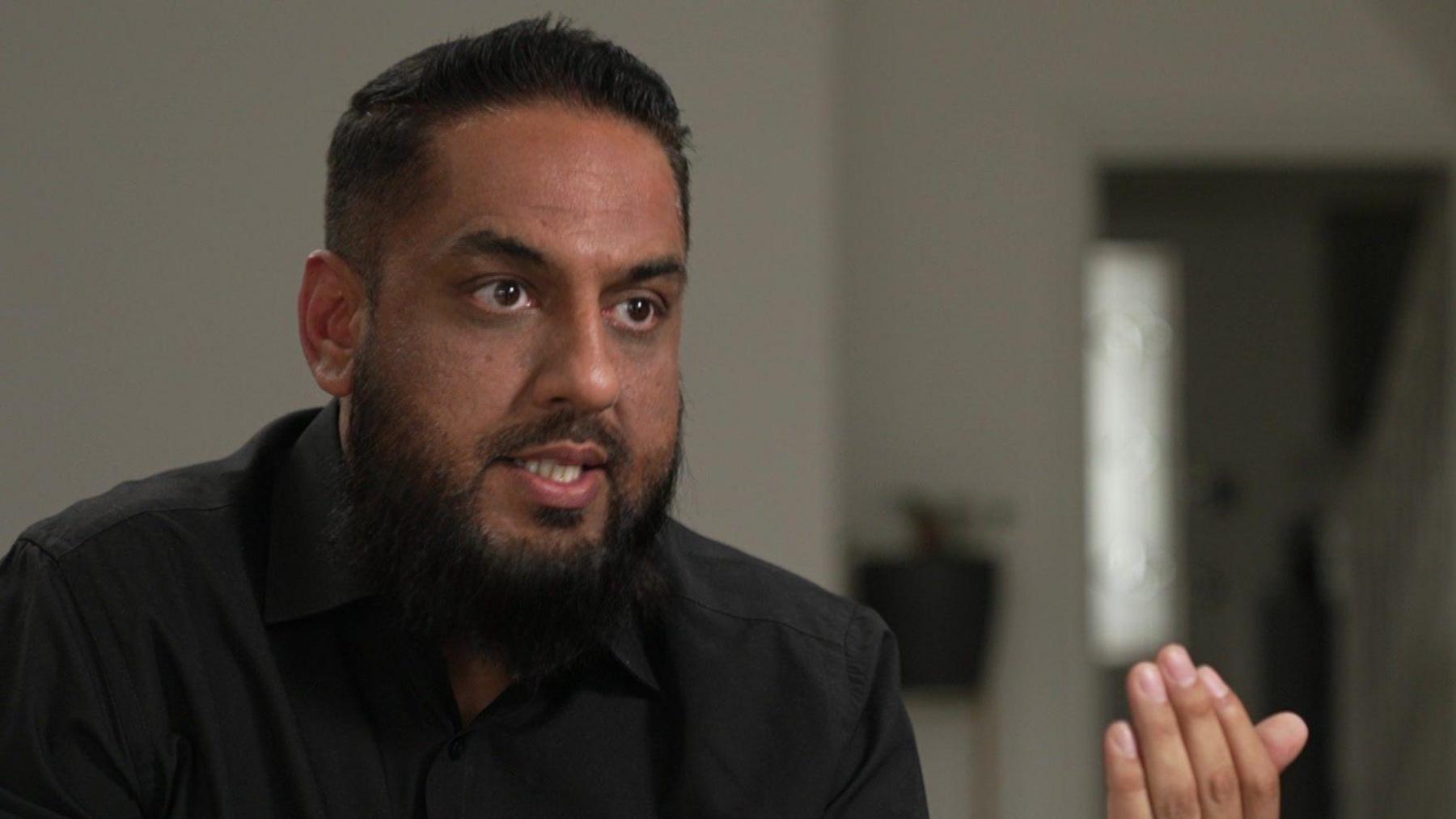
Wajid says fostering gives a child a "bright future"
Susan O’Brien, Hillingdon Council’s cabinet member for education and families, said: "Fostering is rewarding and a great chance to give back to the community, but it is also an excellent career choice; working in a role where you can directly change the life of a child or young person."
Over the past decade, there has been a significant fall in the number of Londoners signing up to be foster carers.
In 2014, there were 3,685 households approved for fostering but by the end of March 2023, there were 2,560 – an overall drop of about a third.
This has prompted a new foster care initiative, led by Waltham Forest Council, to bring together 14 local authorities to form two working groups: Local Community Fostering and Foster With West London.
The former will combine six northeast London boroughs: Waltham Forest, Barking and Dagenham, Havering, Newham, Redbridge and Tower Hamlets.
And Foster With West London will bring together eight west London boroughs: Brent, Ealing, Hammersmith and Fulham, Harrow, Hillingdon, Hounslow, Westminster and Kensington and Chelsea.
Across those 14 boroughs, about 4,000 children are waiting for care, Waltham Forest said.
Local Community Fostering advertises “expert training,” support from current foster parents, and financial incentives.
Kizzy Gardiner, Waltham Forest’s cabinet member for children and young people, said: “The problems are far bigger than any one council can solve by itself.
“Previously, local authorities would be competing amongst one another or using expensive private agencies to contract out the work. But with ever-tighter budgets, we need to rethink this outdated approach and by combining our resources we can make a bigger impact.”
As well as saving money, the new approach will give foster carers better support networks, Ms Gardiner added.
'If you don’t care, kids will see through you'
Deborah, a social worker at Havering Council who adopted a six-year-old boy and now works in fostering, said it did not involve “replacing” a child’s parents.
The mother of four said: “That’s a very special role and not a title that you can take.
“But, like a parent, you will have the same expectations for them as you would your own children.
“If you don’t care, kids will see through you. Kids have an ability to see if you’re doing it for the right reasons. If you are disingenuous they can tell straight away.”
All foster parents receive a foster care allowance ranging between £165 and £289 a week, depending on factors such as where they live and the child’s age.
According to the Fostering Network, foster carers come from a variety of backgrounds and have different life skills and experience.
No specific qualifications are needed and foster carers do not need to have children of their own or be in a relationship.
Additional reporting by Sebastian Mann, Local Democracy Reporting Service
Listen to the best of BBC Radio London on Sounds and follow BBC London on Facebook, external, X, external and Instagram, external. Send your story ideas to hello.bbclondon@bbc.co.uk, external
Related topics
- Published30 August 2017
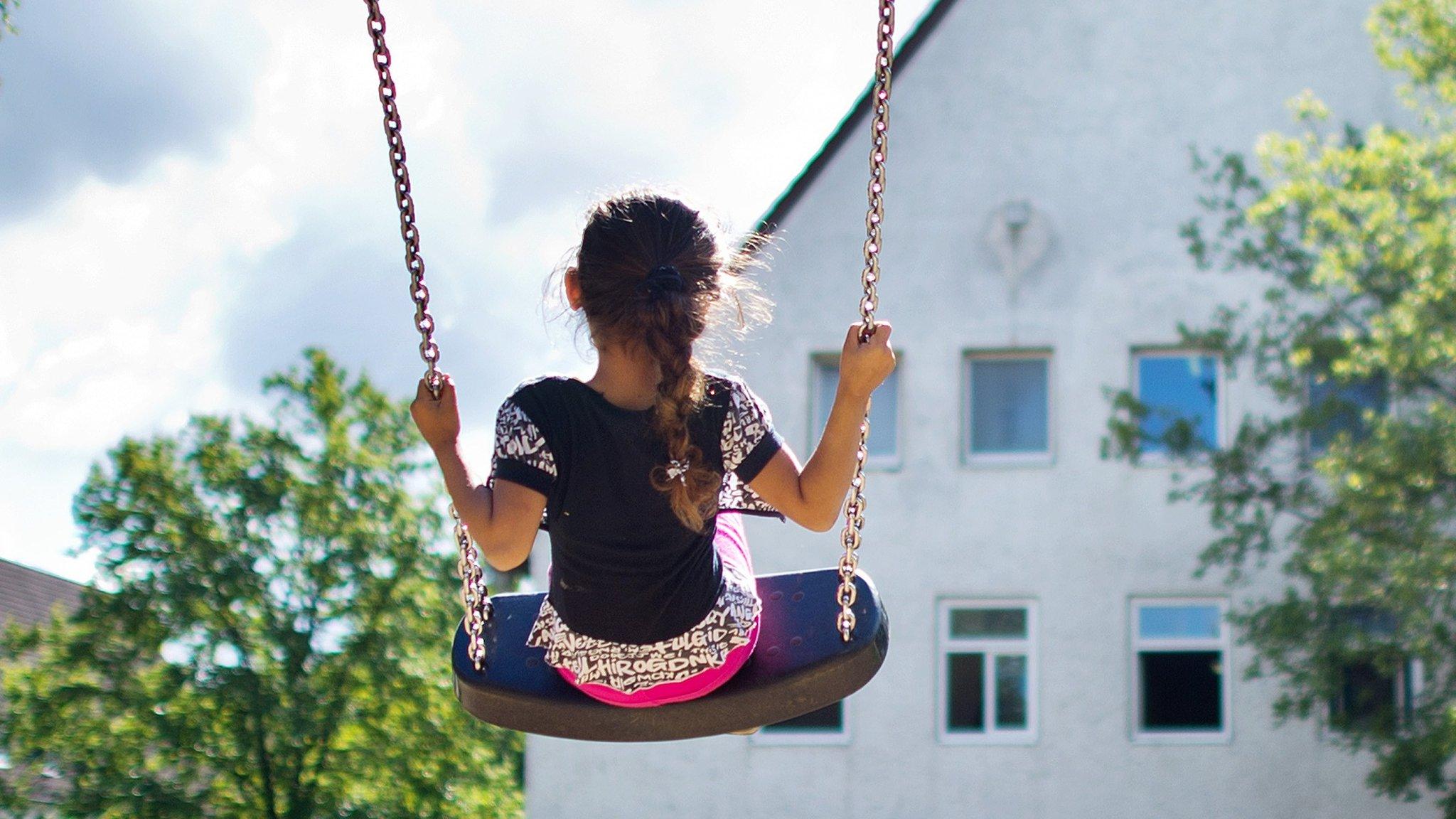
- Published5 August 2023

- Published11 July 2023
